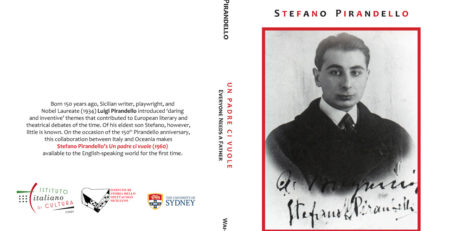Extract translation versus full translation – what are the advantages?
In some cases Language Professionals can provide translations as extract translation. Find out here what can qualify a document to be translated as extract rather than a full translation.
Extract translations provide only the important information of a given source document; omitting non-vital details such as the information from stamps or small print or full contact details. This saves you money, and can also save time as less work is involved. Language Professionals use approved templates that are accepted by the Department of Home Affairs in Australia.
If you are in the process of applying for an Australian visa and need non-English documents translated for review by your case manager, consider the option of getting an extract translation by a NAATI translator from Language Professionals.
We often translate the following types of documents as extracts: Birth or marriage certificates, family books, police clearances, pay slips, certain de facto documentation etc. Note, however, that we can only provide extract translations when translating from a foreign language into English – and not the other way around.
When would we suggest a full translation of a document?
Particular documents are not ideal for extract translation. We suggest to always get your degree or other qualifications documents translated in full by our NAATI translator.
There can also be a point, when you would rather opt for a full translation. When you are in a legal dispute over an employment contract where the lawyers would want to learn about every phrase or line that it is included in the original document.
If you need to present your documents for other purposes than Immigration, we suggest you check if extract translations are sufficient for your needs.
Whatever your requirements are, you can count on Language Professionals’ experience of 30 years. Enquire with our team about the best way to translate your documents.





